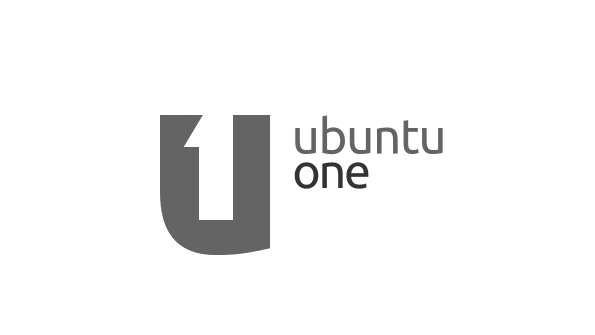Ubuntu One, Canonical's cloud file-syncing service for Ubuntu Linux, will soon be no more: A few days ago, Canonical CEO Jane Silber announced its discontinuation. And the platform seems to have more mourners than you might think for a Linux-friendly storage service that was not even open source.

Ubuntu One, Canonical‘s cloud file-syncing service for Ubuntu Linux, will soon be no more: A few days ago, Canonical CEO Jane Silber announced its discontinuation. And the platform seems to have more mourners than you might think for a Linux-friendly storage service that was not even open source.
Ubuntu One, which allows users to purchase music as well as store files in the cloud and sync data across devices, debuted in spring 2009, when the Ubuntu and Linux worlds looked very different. Back then, most of Canonical’s efforts to generate revenue from Ubuntu centered around PCs, business workstations and data center servers, rather than the cloud and mobile devices that it focuses on today.
Ubuntu One suffered in its early days from problems like poor cross-platform support (which Canonical eventually rectified by releasing Windows, iOS and Android clients), criticism of its proprietary licensing and, above all, a lack of compelling reasons to use it instead of alternatives such as Dropbox. Still, the service chugged quietely along—though the last time Canonical showed it any love was in September 2012, when it revamped the Ubuntu One store to allow music purchases through a Web interface as well as the Ubuntu One client.
It seems pretty clear now that Canonical no longer sees any revenue potential in the service. “The free storage wars aren’t a sustainable place for us to be,” Silber wrote in announcing the Ubuntu One shutdown. She added that Canonical’s goal is “to highlight third party content and services.” The latter point seems a little questionable in light of Canonical’s penchant for ditching upstream software projects in favor of homegrown alternatives such as the Unity interface, but there’s no arguing with the broader message that Ubuntu One is not contributing to Canonical’s strategic mission.
Canonical will be phasing out Ubuntu One over the next several months, and says it will make sure users can migrate their Ubuntu One data to other cloud-storage services easily. The company will also refund money to Ubuntu One subscribers who prepaid for the service’s optional fee-based features.
Canonical never said how many users Ubuntu One counted, and if you’d asked me to estimate, my answer would have been “not many.” Yet judging from the commenters lamenting the service’s discontinuation below Silber’s blog post, there may have been more Ubuntu One fans than I would have guessed, though they are still undoubtedly many fewer in number than those for a service such as Dropbox or Google Drive.
And whether the Ubuntu One shutdown actually disrupts the personal cloud-storage routine of many people or not, its demise is bad news for advocates of DRM-free media, since the Ubuntu One music store was one of relatively few places offering audio downloads unencumbered by DRM restrictions.
Those who are saddened by Ubuntu One’s demise can at least take heart in Canonical’s promise to release the Ubuntu One code under an open source license “to give others an opportunity to build on this code to create an open source file syncing platform.” It remains to be seen what the community might do with the code, but its availability certainly can’t hurt. Maybe we’ll even see a third party borrow a page from the MATE playbook and resurrect the service from its ashes.
About the Author(s)
You May Also Like


